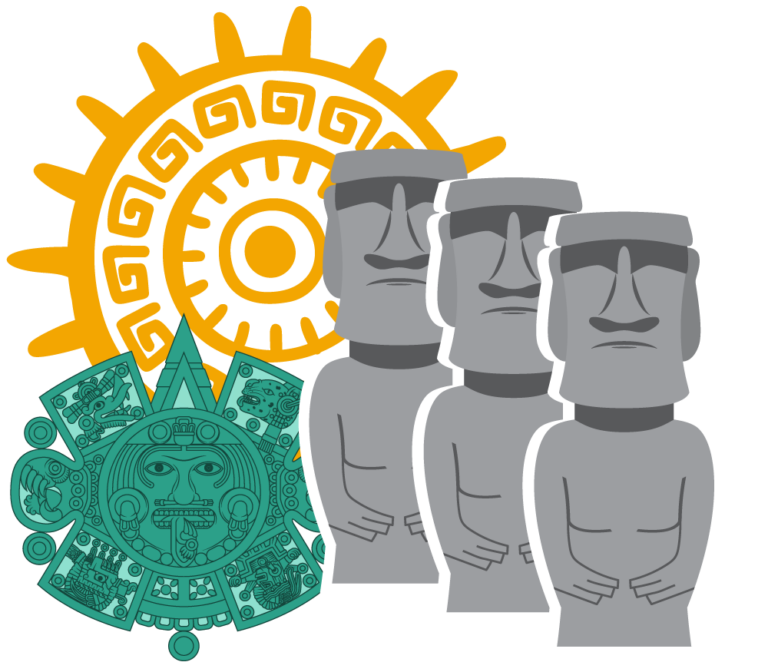The vision of the course

WoLLoW aims to challenge the way languages are taught, with three primary objectives for those studying the WoLLoW curriculum:
To reduce the national decline in language learning, by providing a solid understanding of how languages work through the teaching of grammar, grammatical terminology and linguistics. This will teach pupils how to learn a language and the structure of language, making languages more accessible and, in turn, improving pupil literacy by helping them to communicate both on paper and verbally.
To improve the understanding of the history of English, from its beginnings to its emergence as a global lingua franca. Only through this understanding of our own language can we appreciate the similarities and differences in other languages
To foster an appreciation of all languages; modern and classical, European and non-European, standard and non-standard, thus broadening pupils’ cultural knowledge and understanding and removing barriers of “otherness” and promoting inclusivity and openness.
Why studying languages is in decline
The idea of WoLLoW resulted from a study that a number of teachers of ancient and modern languages had been doing to address a number of concerns about the teaching of languages in schools today, namely:
The decline in the numbers studying languages at school and university. This is particularly borne out by the British Council Survey and by a recent survey written for the Higher Education Policy Institute by Megan Bowler.
The fragmented and disjointed way in which languages are taught in junior and senior schools, both independent and state.
The lack of co-ordination between departments in schools which are teaching languages, English, Modern Foreign Languages and Classics.
The failure of our schools to see and use the remarkable linguistic diversity of our pupils, many of whom are bilingual, if not trilingual: EAL is seen as a problem whereas it could be a remarkable opportunity.
